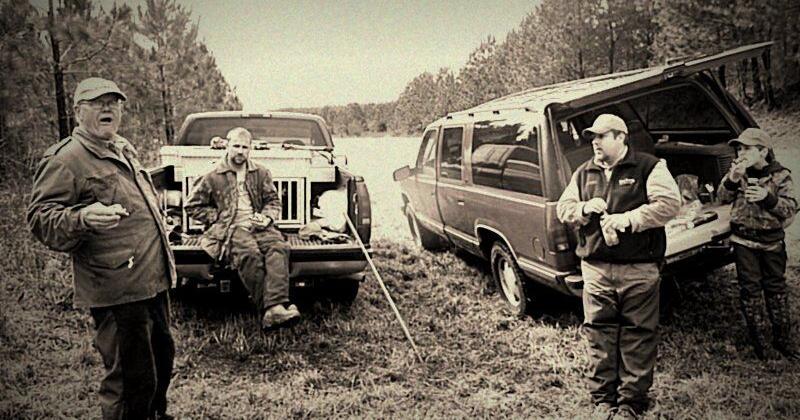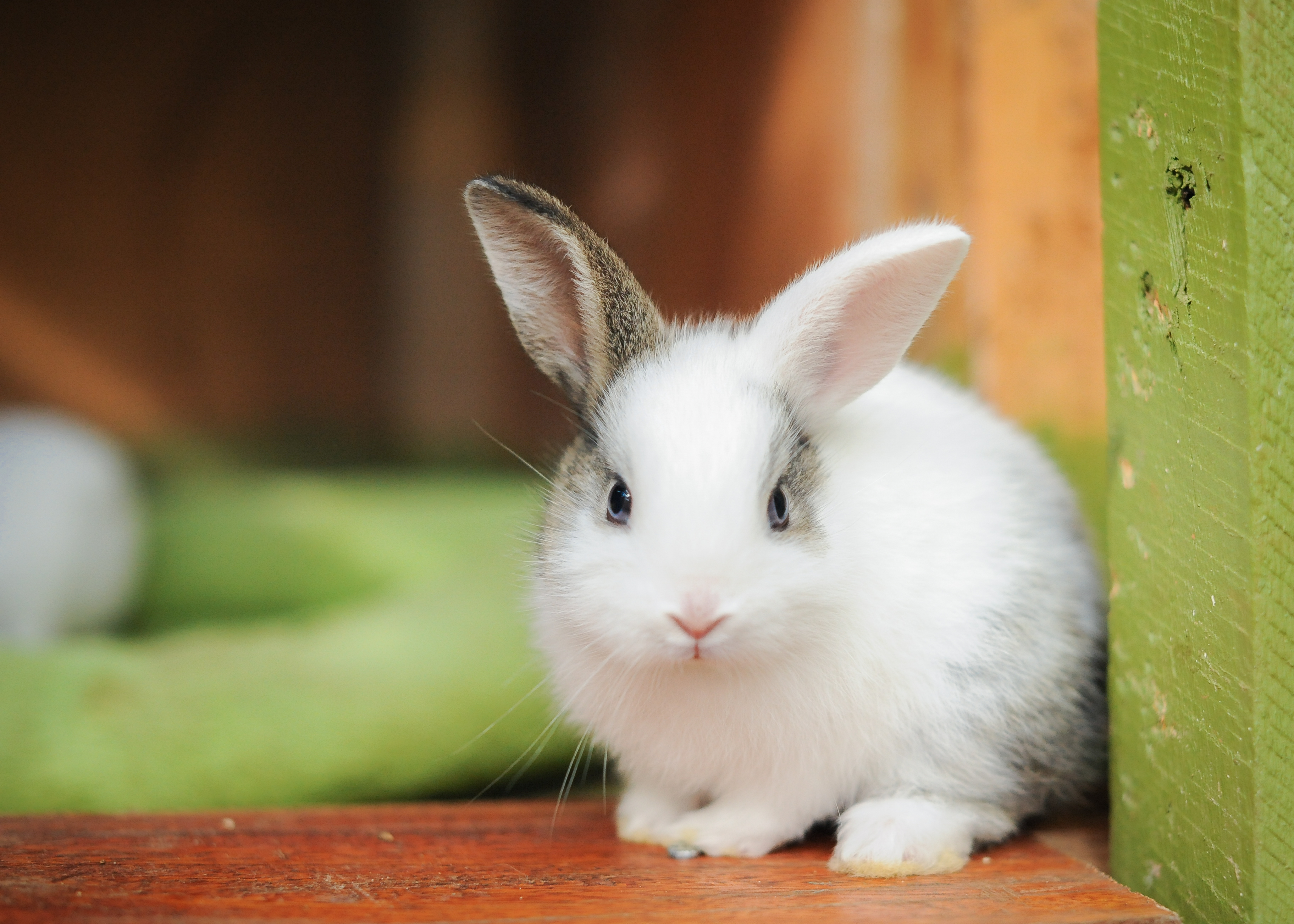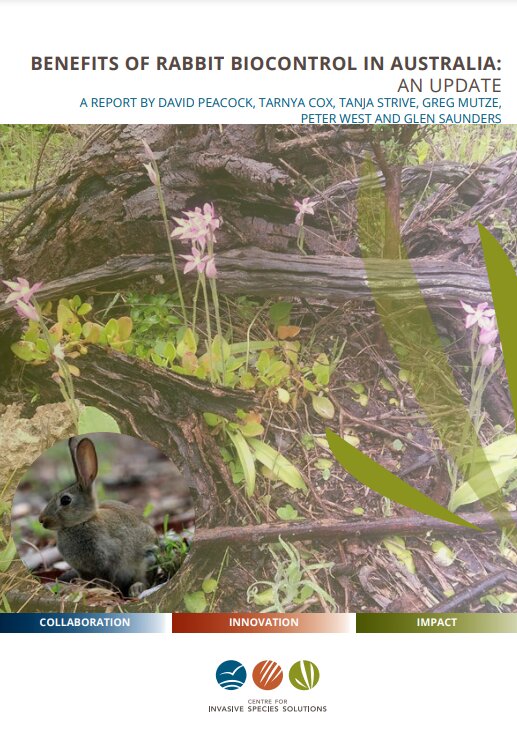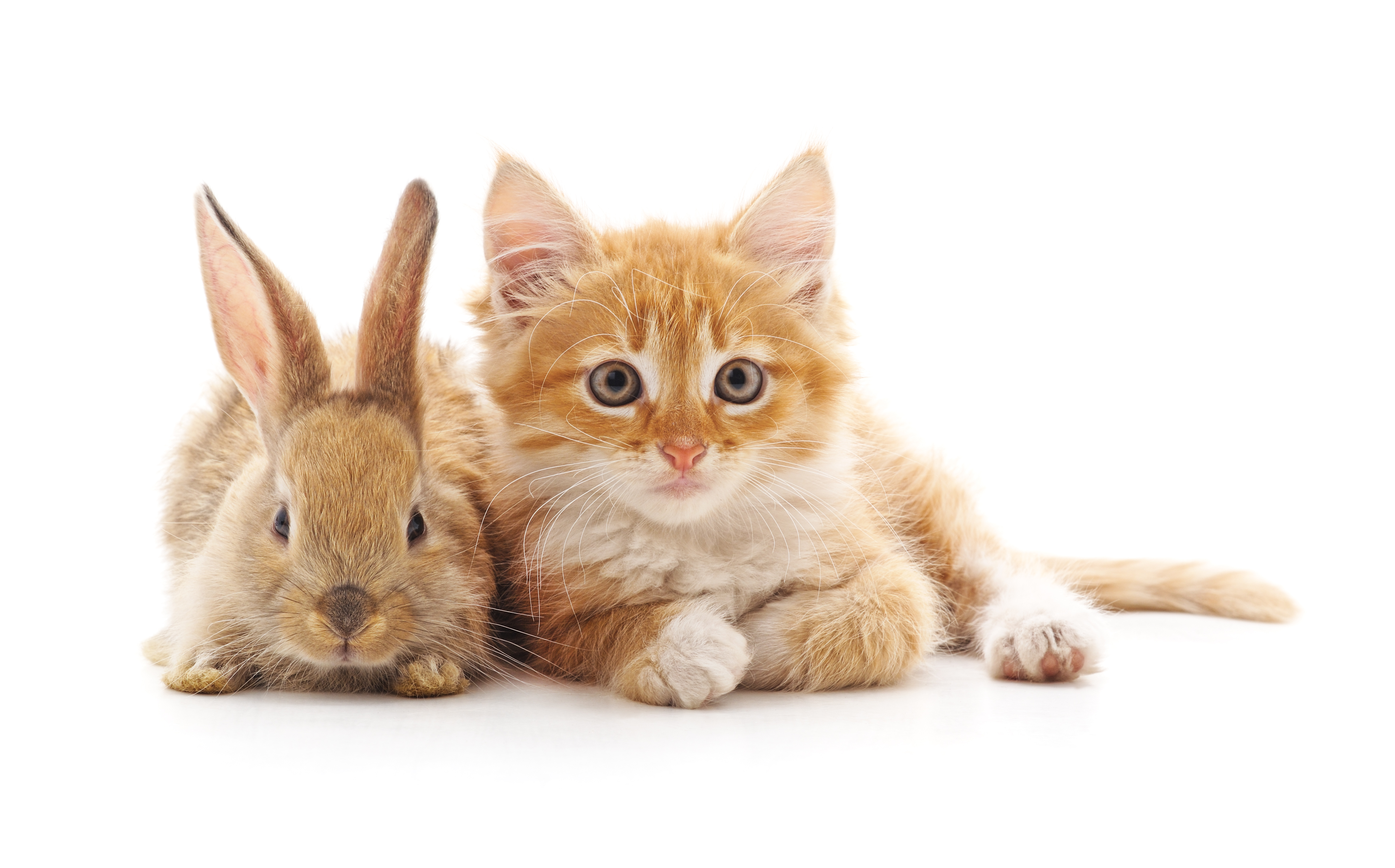New Vaccine Could Save Rabbits From Deadly Hemorrhagic Disease | Smart News


Researchers are most anxious with the illness influencing endangered species like these riparian bush rabbits.
Pacific Southwest Region USFWS by means of Wikimedia Commons below Public Area
Veterinarians are racing to preserve domestic and wild rabbits from a devastating virus. The virus, called RHDV2, is a form of hepatitis that leads to rabbit hemorrhagic illness. Throughout North America, RHDV2 is progressing speedily through rabbit populations. The virus moves from animal to animal as a result of close get hold of and the trade of bodily fluids. Some indications include fever, lethargy, bleeding from the nose or mouth, and breathing difficulties—though in many cases the condition does not have signs before death. The virus is 90 percent fatal amongst infected rabbits, stories Tatum McConnell in Scientific American.
Now, a new vaccine created by Medgene Labs in collaboration with the United States Department of Agriculture (USDA) may assistance shield bunnies. In 2021, the USDA’s Centre for Veterinary Biologics applied an unexpected emergency authorization to use the vaccine in opposition to the condition. More than 40 states and Washington, D.C. should have accessibility to the vaccine this spring, in accordance to the company Medgene Labs.
“We are excited to increase the use of our platform technology and obtain crisis use authorization for our RHDV2 vaccine from the USDA. We have worked closely with their staff given that the major outbreak to achieve this milestone. We are devoted to assisting rabbit proprietors and veterinarians beat this devastating international animal ailment,” says Medgene Lab’s main govt officer, Mark Luecke, in a assertion.
Rabbit hemorrhagic condition was first detected in the 1980s among European rabbit populations. In 2010, the RHDV2 variant was detected in wild and farmed rabbits in France. Considering the fact that then, officers have viewed the virus in the United States a few occasions due to the fact 2018. The virus has brought about outbreaks in five continents entirely, according to a review released in 2021 in Transboundary and Emerging Ailments. The virus does not impact human beings. Having said that, vets are urging that domestic rabbits get vaccinated towards RHDV2. It is believed that 1.7 million households in the U.S. have a bunny as a pet, per Scientific American.
“This is a disorder that is 100 {aa306df364483ed8c06b6842f2b7c3ab56b70d0f5156cbd2df60de6b4288a84f} fatal to the rabbits, and it truly is a really frightening death,” Susan Keller, a veterinarian at the Broward Avian and Unique Animal Healthcare facility in South Florida, tells WPTV’s Tania Rogers. “They die quite abruptly, with a high fever, with blood coming out of their nose and mouth. It truly is critical that we vaccinate our domestic rabbits.” Keller also explains to WPTV that the virus is hardy, and can enter houses through footwear, food things and be carried all over in the atmosphere.
For now, RHDV2 is endemic to 11 states in the South and West, in regions including California, Arizona, Texas and New Mexico. Nineteen other circumstances in wild and domestic rabbits have popped up in 19 states in excess of the earlier 12 months, in accordance to a USDA Map tracking rabbit hemorrhagic ailment.
Scientists are most anxious with the condition affecting endangered species like the riparian bush rabbit, a species of cottontail rabbit, and other unusual species of lagomorphs.
The very long-term impacts of the virus and the vaccine are unfamiliar. Carlos Rouco Zufiaurre, an ecologist at the University of Córdoba, tells Scientific American that viral spread among bunnies could start out up once again as a vaccine’s safety fades.
The California Department of Fish and Wildlife (CDFW) is performing by vaccinating riparian bush rabbits positioned at the San Joaquin River National Wildlife Refuge versus RHDV2. About 700 rabbits at the sanctuary have been immunized to preserve between 15 to 20 percent of the inhabitants vaccinated in the function of an outbreak, Deana Clifford, a wildlife veterinarian with CDFW, tells Scientific American.
Vaccines are also currently being made use of for the endangered Columbia Basin pygmy rabbit, the smallest rabbit in North The us. Professionals say that even though not all rabbits can be vaccinated, in conditions in which endangered species are associated, vaccination can have a significant affect. For now, industry experts are counting on veterinarians to endorse vaccinations to pet proprietors to cease the spread of the virus in the U.S., Scientific American reports.
Proposed Movies





